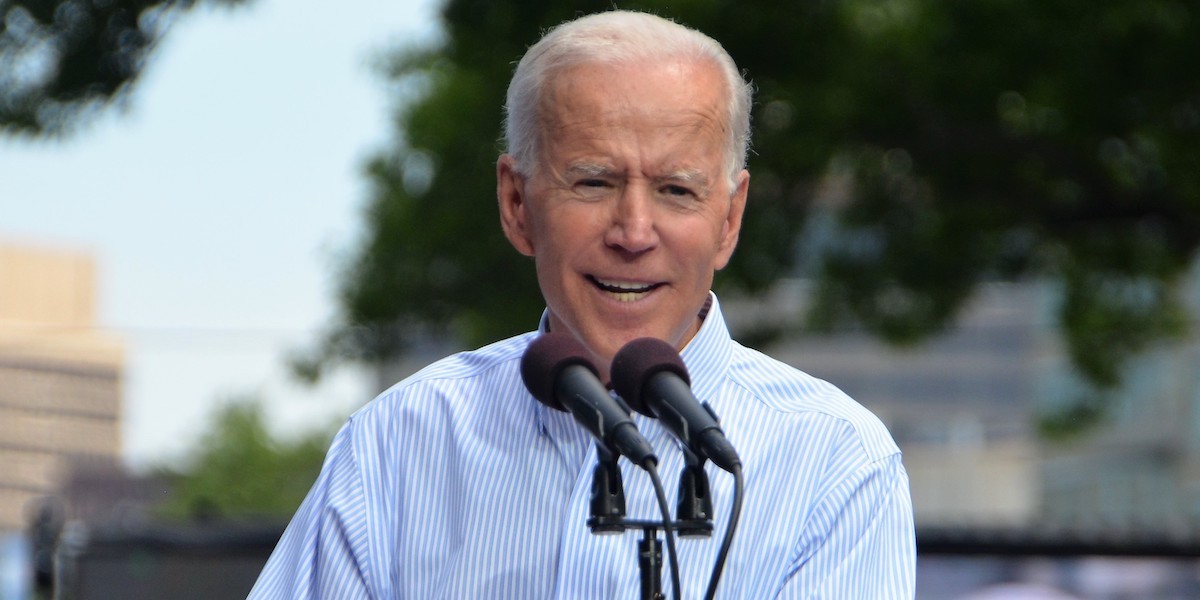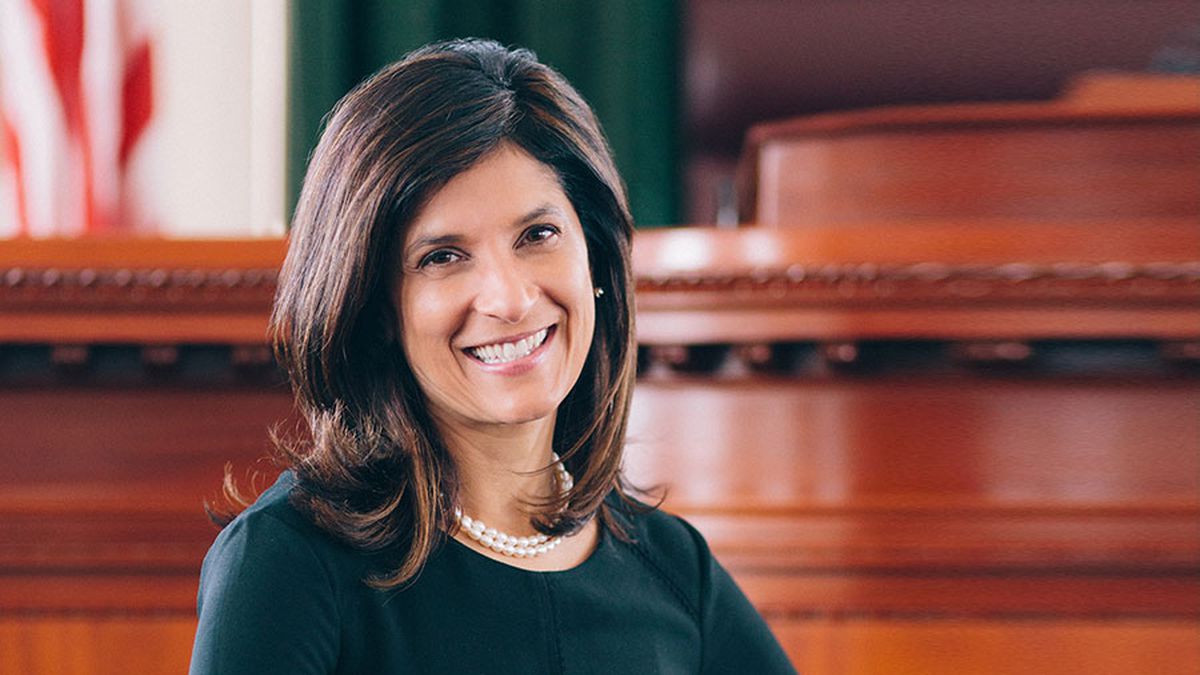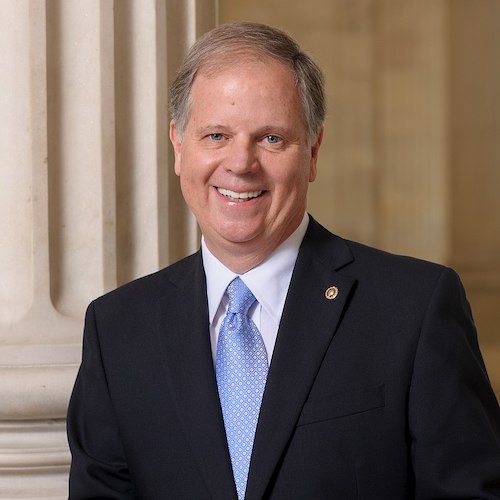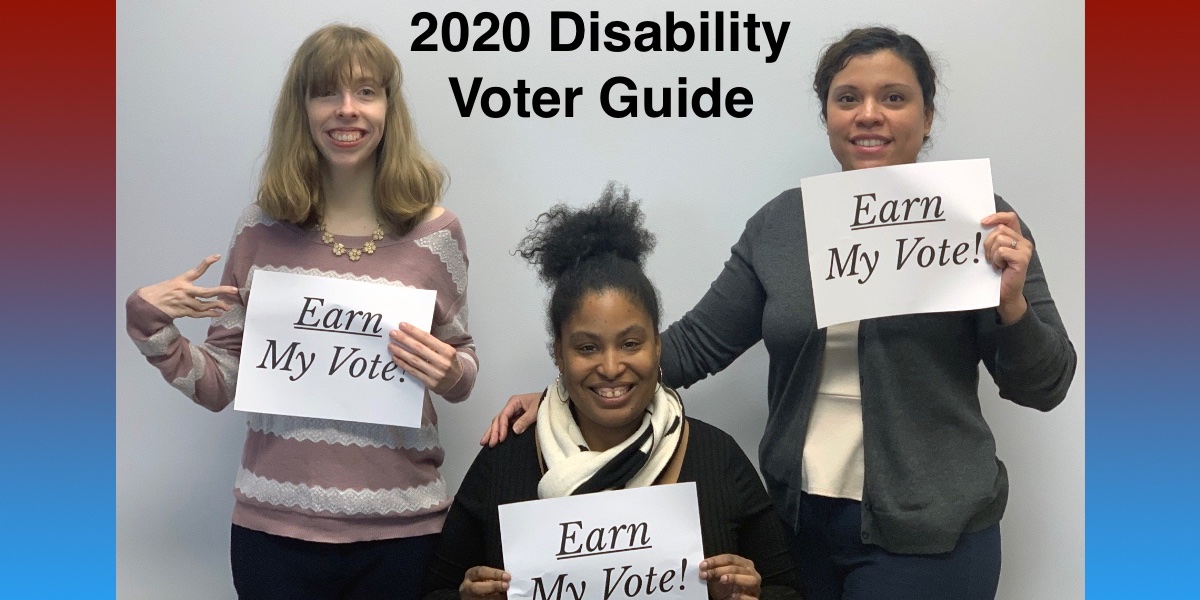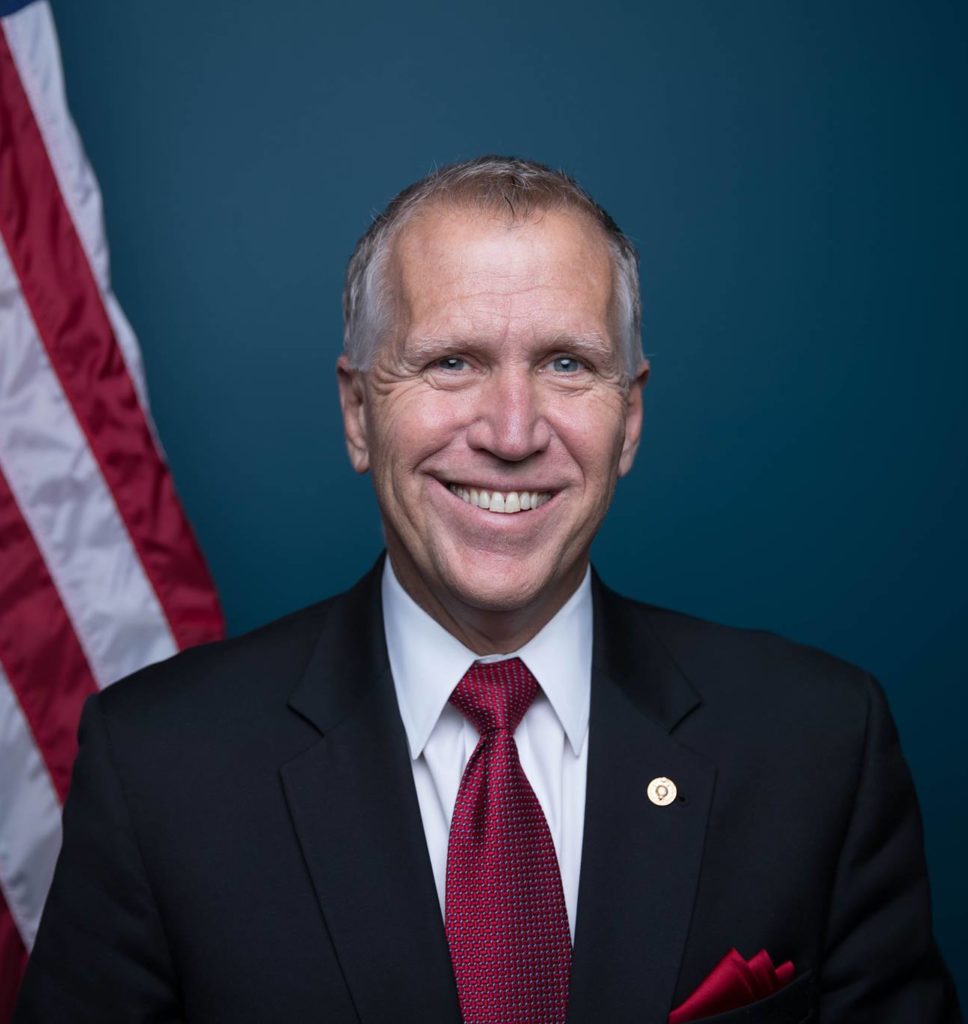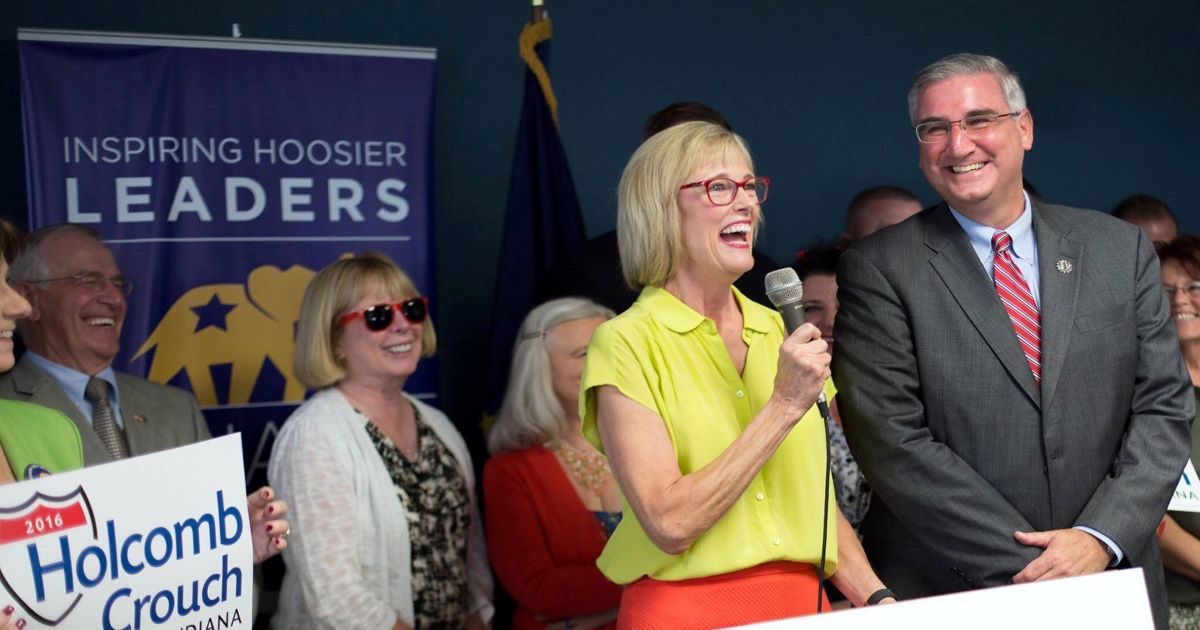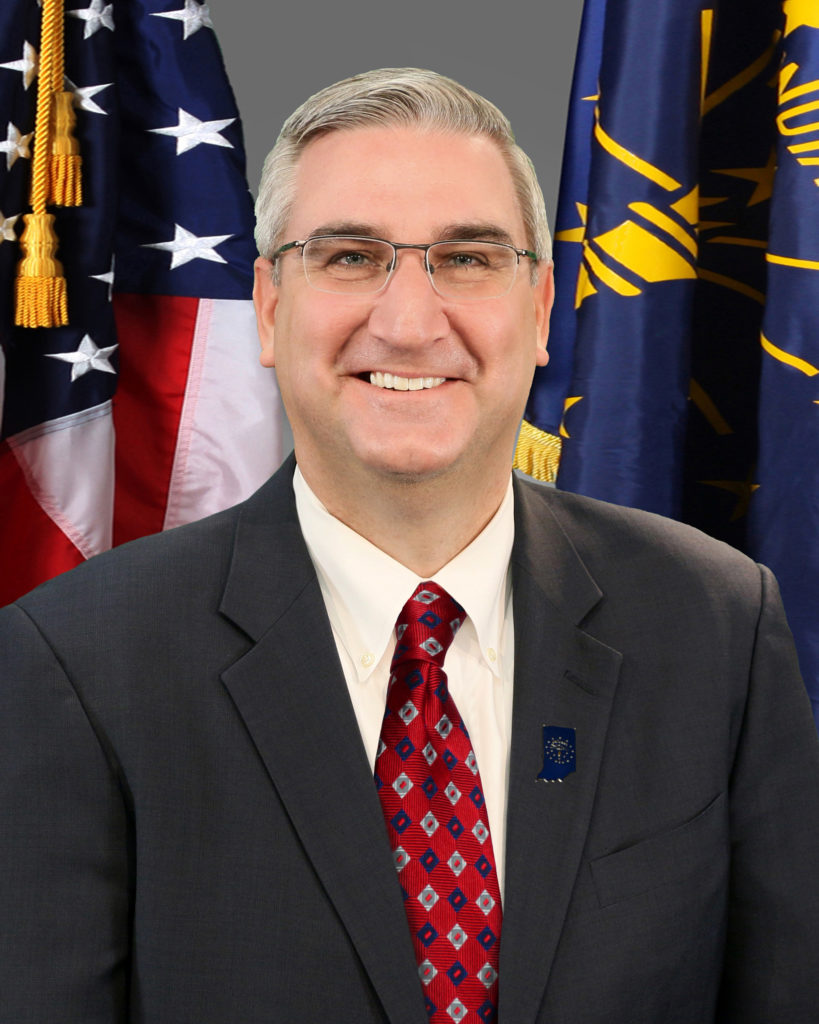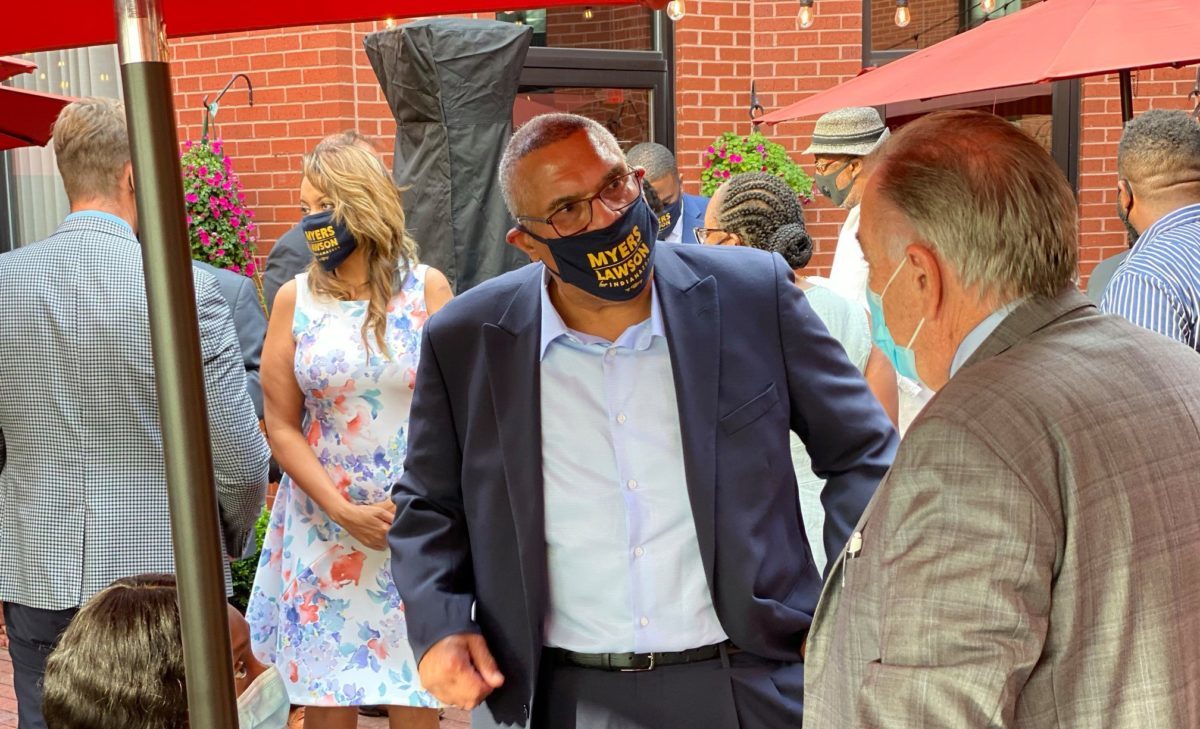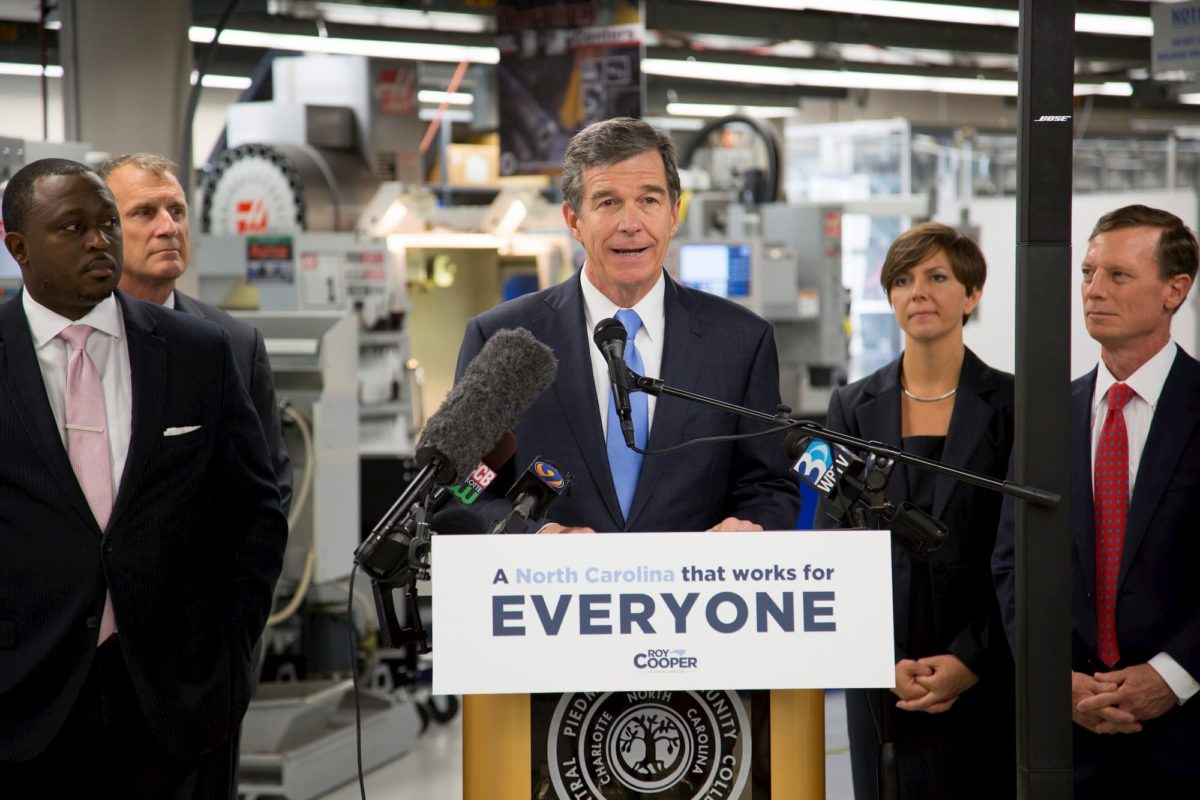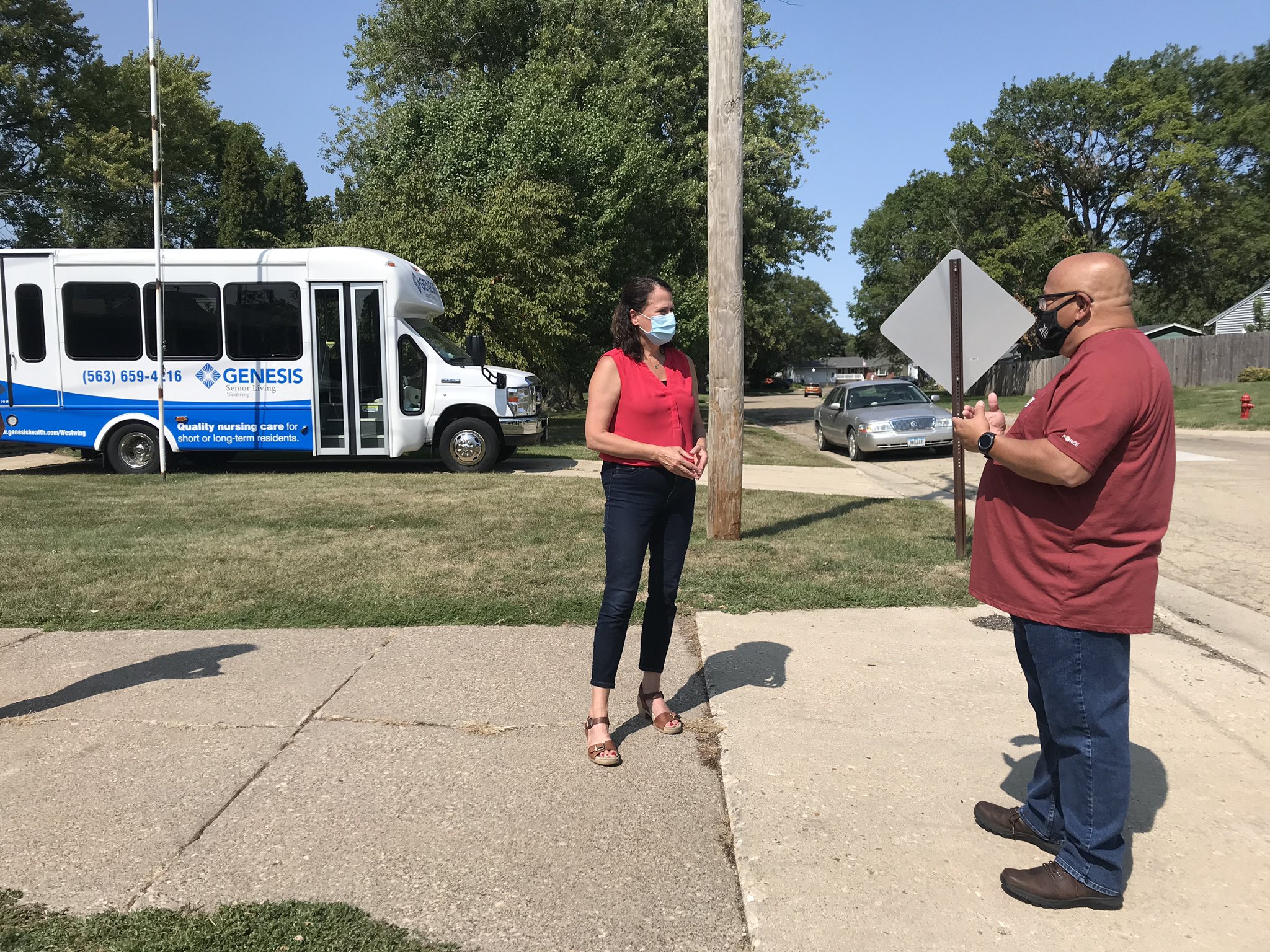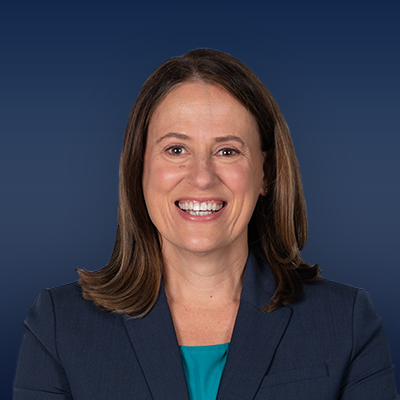Key actions and positions posted on the intersection of disability and education, jobs, immigration, climate crisis, criminal justice and more
by Adam Fishbein
Cheyenne, WY, Oct. 5 – In the run up to the 2020 election in Wyoming, the nonpartisan disability rights nonprofit RespectAbility has released its latest Wyoming State Voter Guide. According to the 2019 Annual Disability Statistics Compendium, the total number of Wyomingites with disabilities is 72,441, making up 12.8 percent of the total state population.
2018 employment data show that there are 35,797 working-age people with disabilities in Wyoming. In the economic expansion prior to the COVID-19 pandemic, 17,274 of those Wyomingites had a job and the Equality State had a disability employment rate of 48.3 percent.
The nonpartisan disability group RespectAbility has asked Democratic and Republican candidates for President, Governor and the U.S. Senate the same seven key questions about issues affecting people with disabilities, including employment, education, criminal justice and accessibility. RespectAbility has sent multiple emails and placed many phone calls to the campaigns in order to solicit responses to the questionnaire. Below you can read responses from candidates on the ballot in Wyoming who have already taken the time to address the concerns of voters with disabilities.




